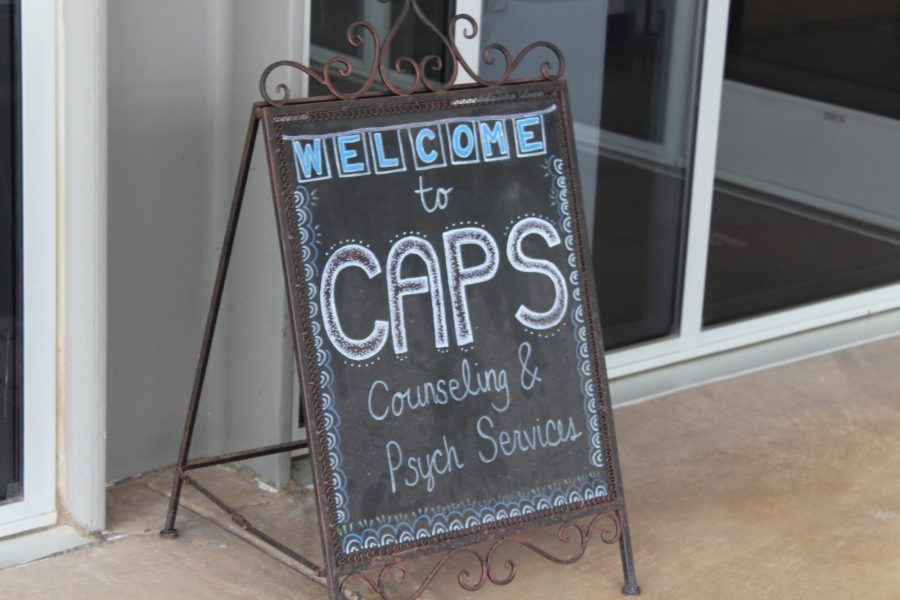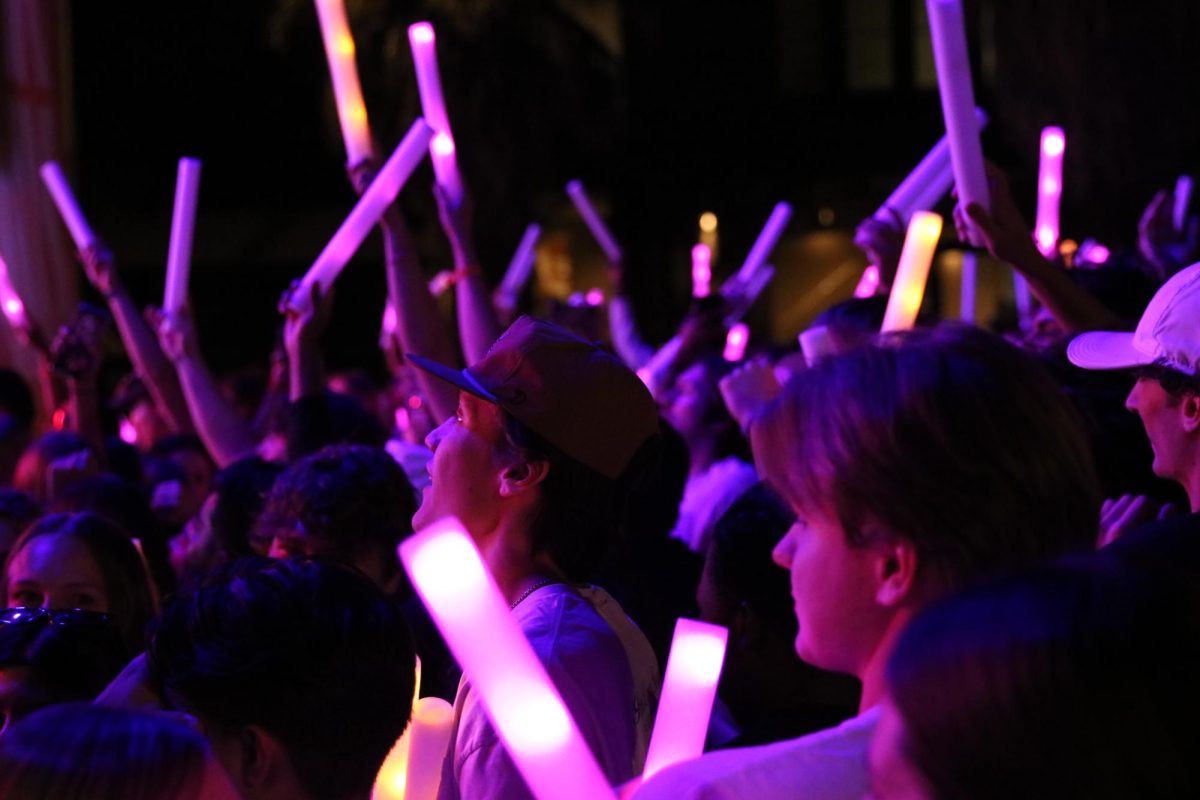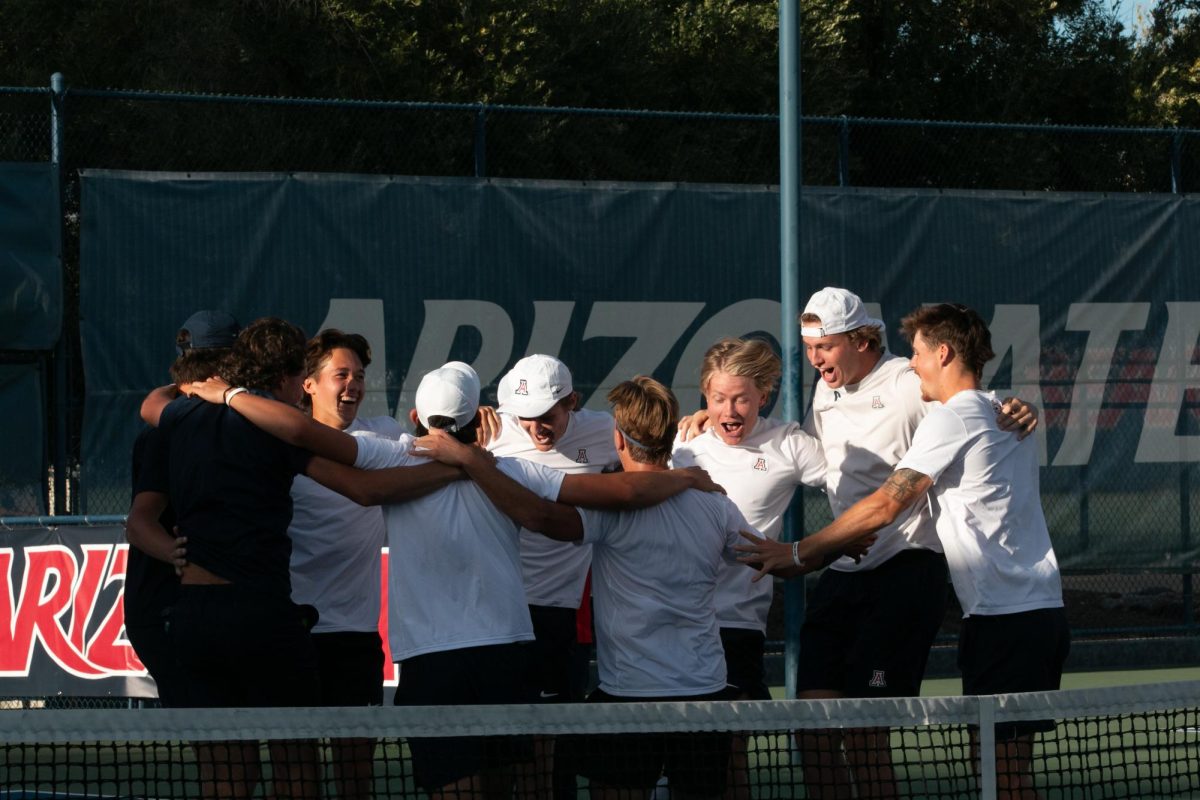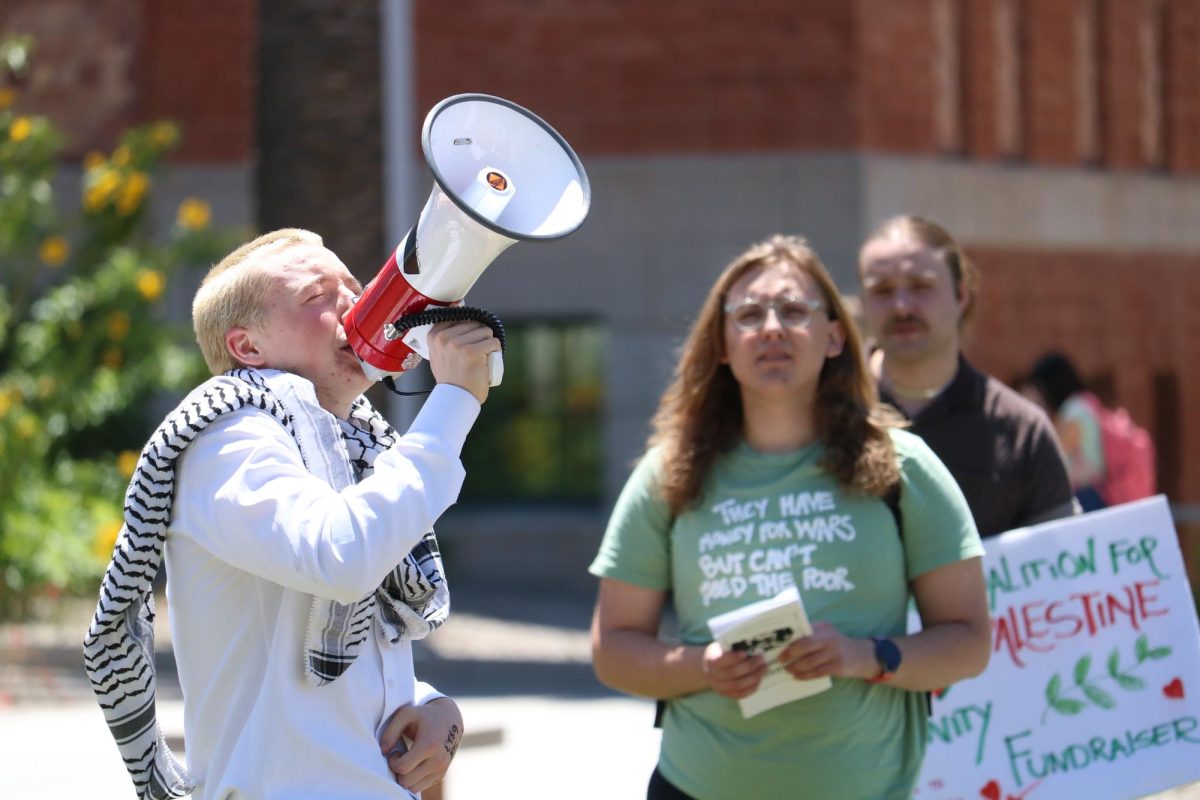“What is a rose, a thorn and a blossom from your week?” This is a question Jan Courtney, a facilitator for Campus Eating Disorder Awareness and Recovery Group, often uses to start her meetings.
CEDAR is a free support group within the University of Arizona’s Campus Health Programs. The group is designed to teach students who struggle with disordered eating to think differently about food and body image.
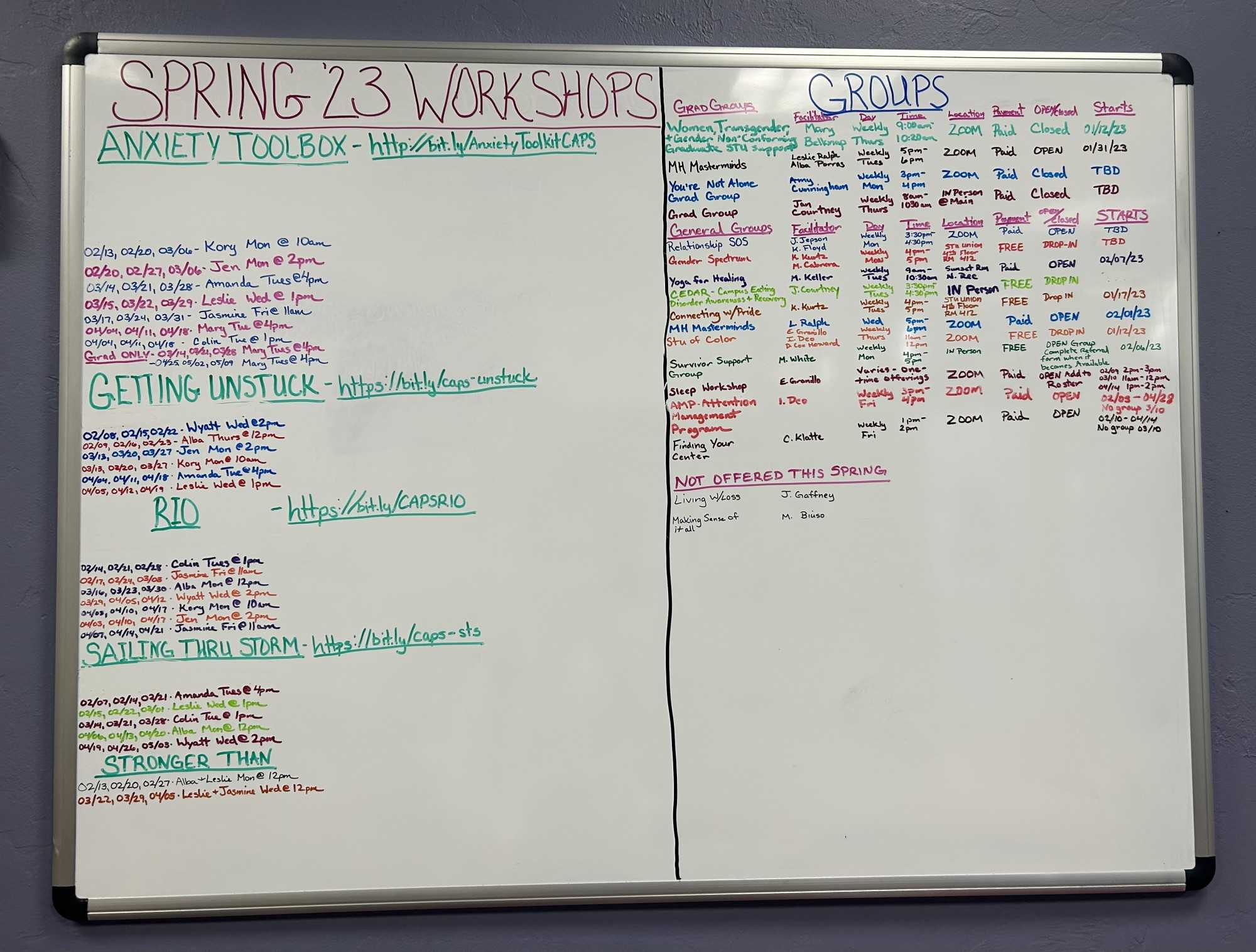
CEDAR is a safe space to talk about disordered eating for students who may not feel comfortable talking about these issues with other people in their lives. Lisa MacDonald, another facilitator for the group, describes CEDAR as a community. It is a place where students can come together and realize they are not alone.
At the weekly group meetings, Courtney and MacDonald start with introductions and have students share their rose (something good), thorn (something bad) and blossom (something they want to work on) from the week. Afterward, the group discusses a variety of topics including diet culture, what messages the students received growing up about appearances, dysfunctional thoughts and cultural messages around food.
“We look at what cultural messages are and how they vary from culture to culture. What one person grows up with can be the opposite of what someone else grows up with,” Courtney said.
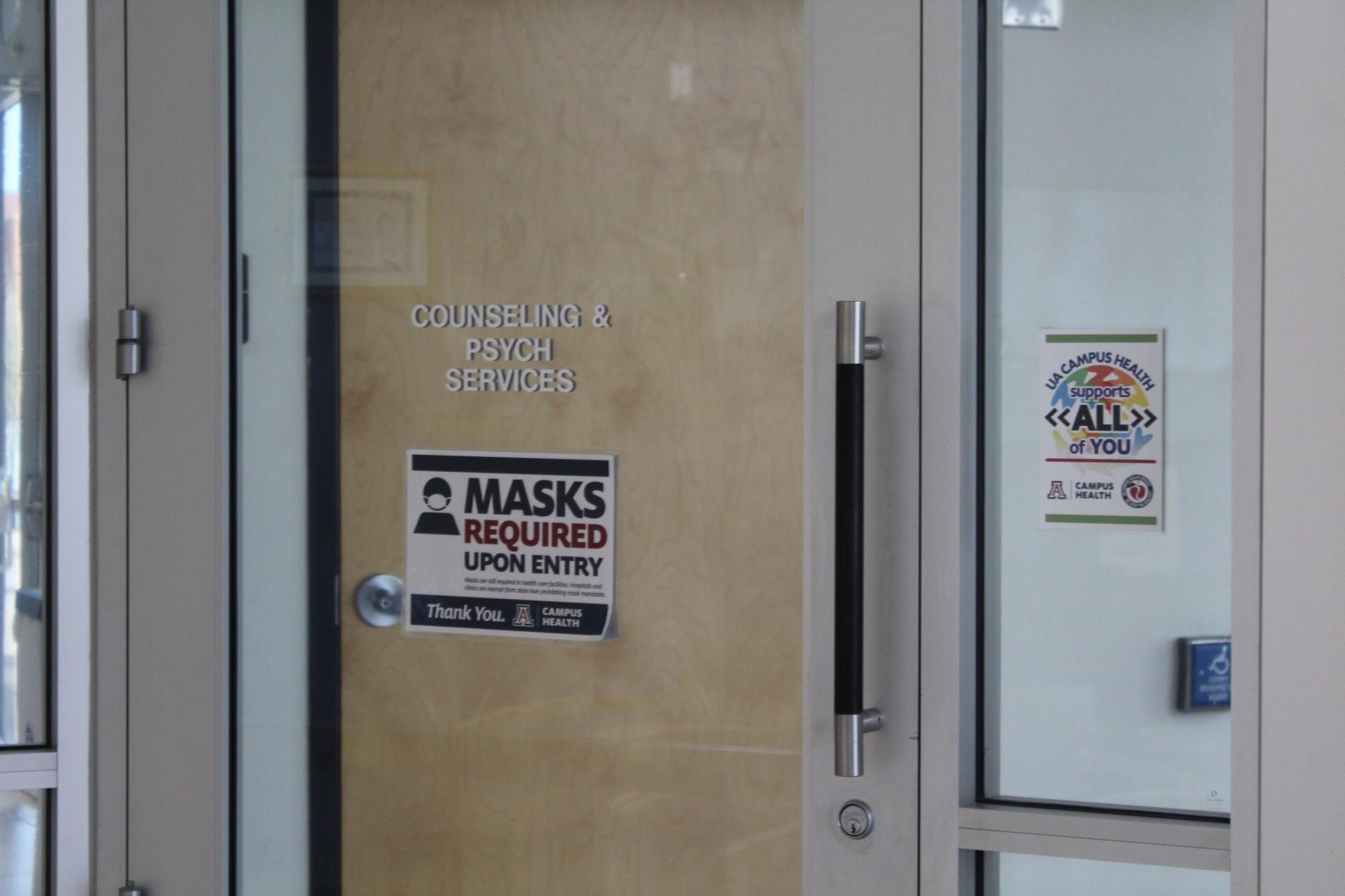
CEDAR is open to any UA student whether they are seeking support or education on disordered eating and body image issues.
“Reminding people that although their specific issues may be different from someone else in the group, everybody has the same underlying concerns,” Courtney said, “Hopefully we create a space where it is safe enough to talk about all these things and ask questions and remember everybody else in that group is there for a reason.”
Mental health is at the center of the conversation at CEDAR. MacDonald describes mental health using the metaphor of the “stool of health.” Mental health is just one leg holding up the seat of health.
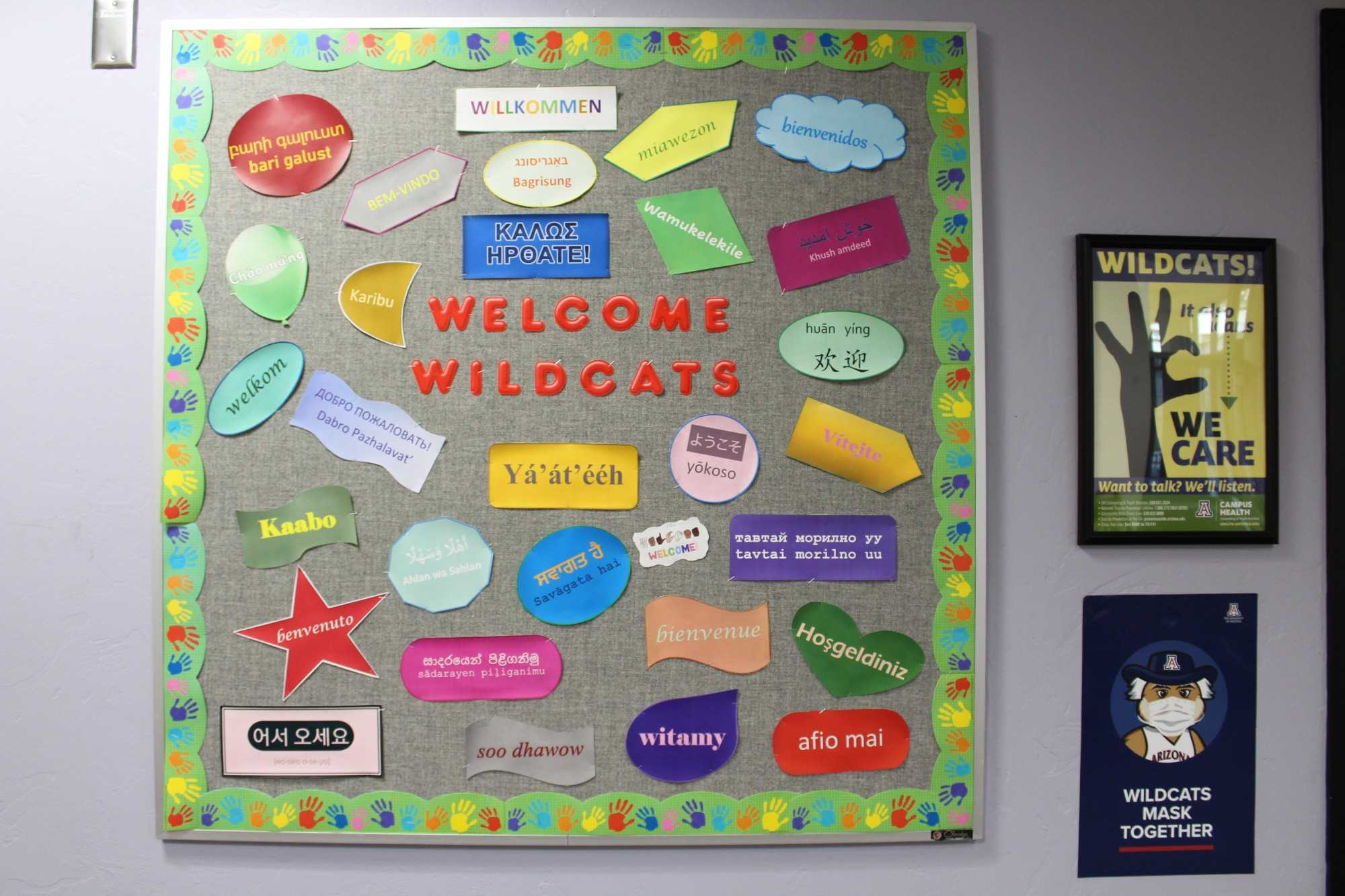
Eating disorders are one of the many mental health challenges that students face. Mary-Frances O’Connor is an associate professor in the psychology department at the UA.
“College students face all sorts of mental health challenges, including stress, anxiety, depression, and social isolation. Many factors contribute to these issues, including academic pressure, financial difficulties, social adjustments, and the overall transition to adulthood,” O’Connor said over email. She gives suggestions on how college students can take several steps to address mental health concerns including seeking help, prioritizing self-care, developing a support system, practicing stress management techniques and managing time effectively.
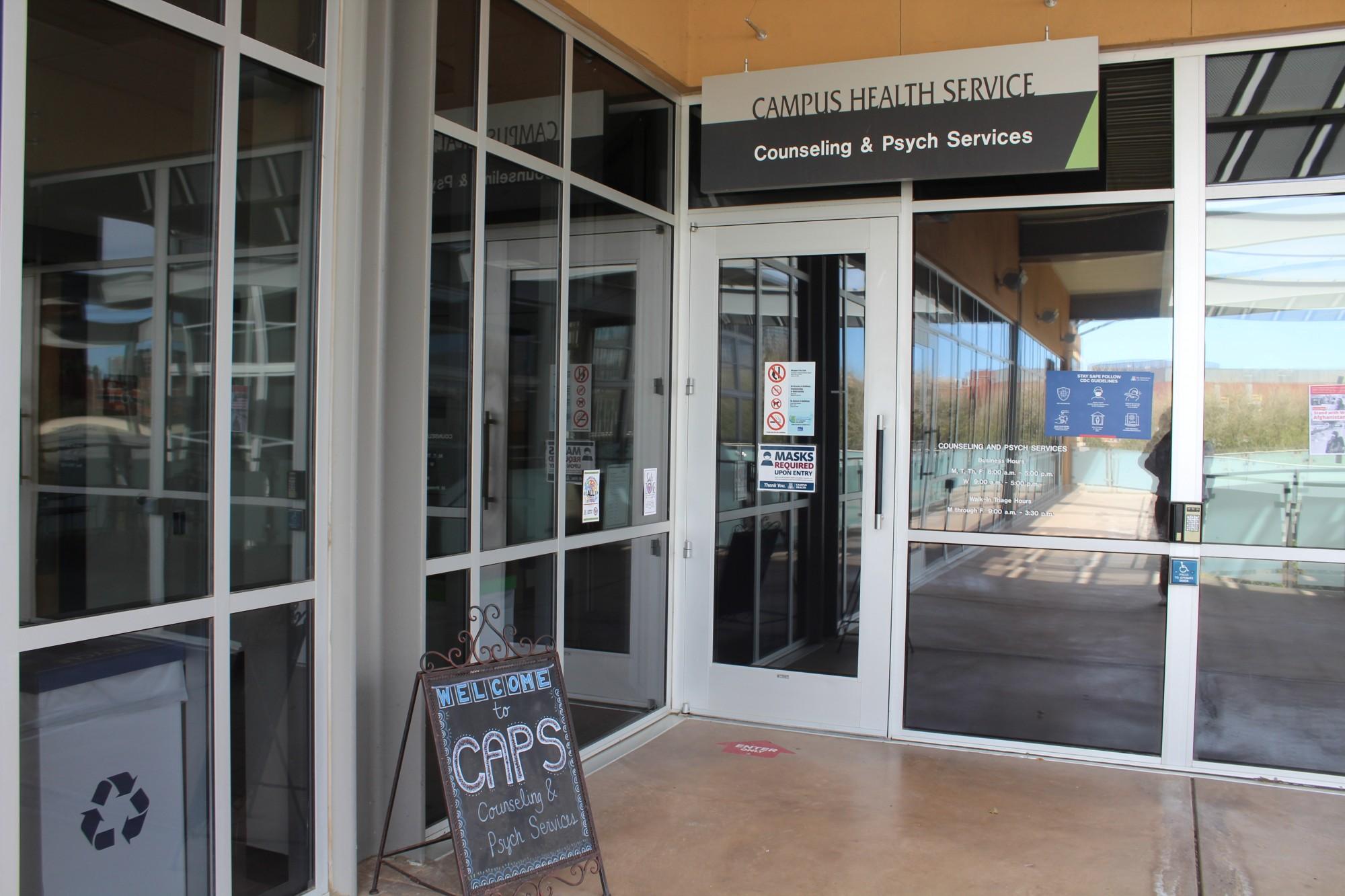
CEDAR is a free support group for students who are unsure or know they are struggling with disordered eating and body image issues. Seeking help can be the first step to recovery. The group meets weekly at the main Campus Health building in the CAPS office every Tuesday from 3:30-4:30.
Follow the Daily Wildcat on Twitter



